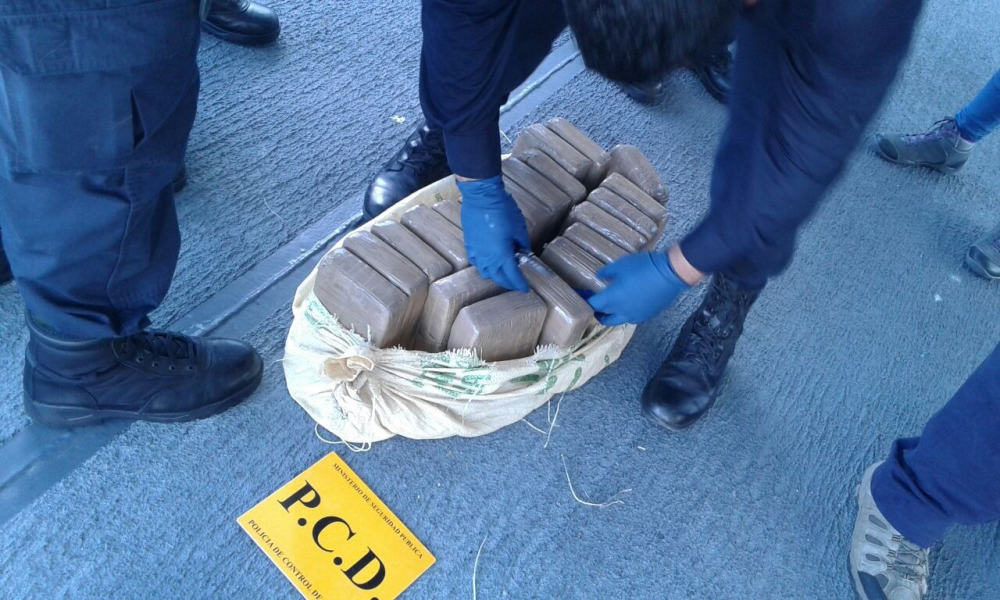The U.S. Department of State has published the International Narcotics Control Strategy Report, which analyzes Costa Rica’s drug problem.
According to the report, “Costa Rica remains the top transshipment point for cocaine en route to the United States from South America and is a key transit point in international narcotics trafficking.”
The problem is aggravated due to Costa Rica’s historically small and underfunded security.
In addition, the country has been experiencing a growing domestic drug consumption problem, which has allowed drug gangs to enter the local market and gain influence.
However, this isn’t the country’s only problem. The report shows that the national homicide rate rose from 11.2 per 100,000 inhabitants in 2021 to 12.6 per 100,000 in 2022.
Despite these problems, the Central American nation has been working towards professionalizing the police and increasing its efforts towards fighting drug trafficking.
“With U.S. support, Costa Rica engaged in numerous police professionalization efforts in 2022, including leadership training, improvements to training facilities, expanded canine programs, and better cooperation between national and local authorities,” highlighted the document.
Regarding corruption, the analysis shows that the Costa Rican government does not encourage it nor is it involved in laundering the proceeds of the sale of illicit drugs.
The U.S. also stressed that Costa Rica’s public institutions keep working to tackle this issue effectively. For instance, the Judicial Branch expanded the implementation of the country’s first organized crime court, and the country adhered to the Organization for Economic Cooperation and Development Anti-Bribery Convention.
Costa Rica has always been a strategic ally, so the United States has always encouraged cooperation initiatives between both nations.
“The United States supports police professionalization through a range of leadership and specialized training. At the National Police Academy, the United States provides curriculum support and infrastructure development,” they pointed out.
Finally, Costa Rica must direct its efforts towards including much-needed staffing increases in police forces, professionalizing police and judicial institutions, investing in border and port security (especially scanners), strengthening cooperation with regional partners, and expanding citizen security best practices within Costa Rica and throughout the region.






